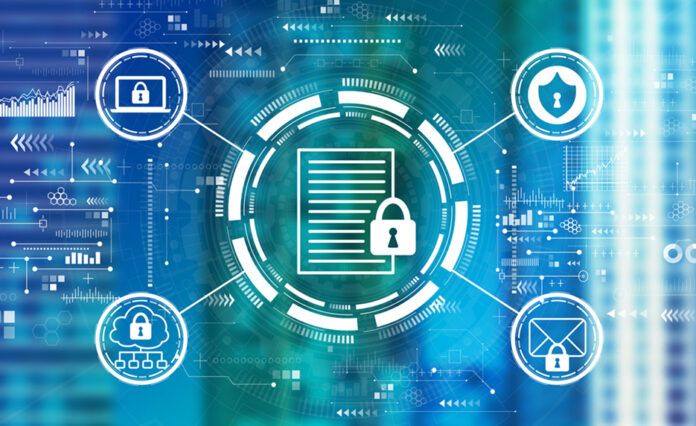In today’s interconnected world, where data breaches and cyber threats are becoming increasingly common, organizations are placing a greater emphasis on cybersecurity. As a result, professionals with expertise in this field are in high demand. One certification that stands out in the cybersecurity landscape is the Certified Information Security Manager (CISM) certification. In this article, we will explore the benefits of obtaining a CISM certification and why it is essential in today’s cybersecurity landscape.
Enhanced Knowledge and Skills
Obtaining a CISM certification provides professionals with a comprehensive understanding of information security management. The certification covers a wide range of topics, including risk management, incident management, governance, and compliance. By studying for the CISM exam, professionals gain a deep understanding of cybersecurity best practices and industry standards. This enhanced knowledge equips them to effectively identify and mitigate risks, develop robust security strategies, and respond to security incidents in a timely and efficient manner.
Recognition and Credibility
One of the key benefits of obtaining a CISM certification is the recognition and credibility it brings. CISM is a globally recognized certification administered by ISACA, a leading professional association for IT governance, risk management, and cybersecurity professionals. Holding a CISM certification demonstrates to employers, clients, and peers that you have the knowledge and skills necessary to excel in the field of cybersecurity. It serves as a testament to your commitment to professional development and sets you apart from your peers.
Improved Career Prospects
In today’s competitive job market, having a CISM certification can significantly improve your career prospects. Employers value professionals with specialized certifications, as it demonstrates their commitment to continuous learning and professional growth. With a CISM certification, you become a valuable asset to organizations looking to strengthen their cybersecurity defenses. It opens up a wide range of job opportunities, including roles such as information security manager, security consultant, risk manager, and compliance officer. Additionally, CISM-certified professionals often command higher salaries compared to their non-certified counterparts.
Networking Opportunities
Obtaining a CISM certification also provides professionals with valuable networking opportunities. ISACA, the organization behind the CISM certification, has a global network of professionals in the field of cybersecurity. By becoming a member of ISACA and attending their events, conferences, and webinars, you gain access to a community of like-minded individuals. Networking with other CISM-certified professionals allows you to exchange knowledge, share experiences, and stay updated with the latest trends and developments in the field.
Compliance with Industry Standards
In today’s regulatory landscape, organizations are subject to numerous cybersecurity regulations and frameworks. These include the General Data Protection Regulation (GDPR), the Payment Card Industry Data Security Standard (PCI DSS), and the ISO/IEC 27001 standard. By obtaining a CISM certification, professionals gain a solid understanding of these standards and how to implement them within an organization. This knowledge is invaluable for organizations looking to achieve compliance, avoid costly penalties, and build a robust cybersecurity posture.
Continuing Professional Education
Cybersecurity is a rapidly evolving field, with new threats and technologies emerging constantly. To stay ahead of the curve, professionals need to engage in continuous learning and professional development. The CISM certification requires certified professionals to maintain their knowledge and skills through continuing professional education (CPE) credits. This ensures that CISM-certified professionals stay updated with the latest industry trends, technologies, and best practices. By earning CPE credits, professionals not only enhance their knowledge but also demonstrate their commitment to ongoing professional development.
Conclusion
In conclusion, obtaining a CISM certification in today’s cybersecurity landscape provides numerous benefits. It enhances professionals’ knowledge and skills, boosts their recognition and credibility, improves their career prospects, and provides valuable networking opportunities. Additionally, it ensures compliance with industry standards and encourages continuous professional development. By investing in a CISM certification, professionals can position themselves as experts in the field of cybersecurity and contribute to the protection of organizations’ critical assets and information.


